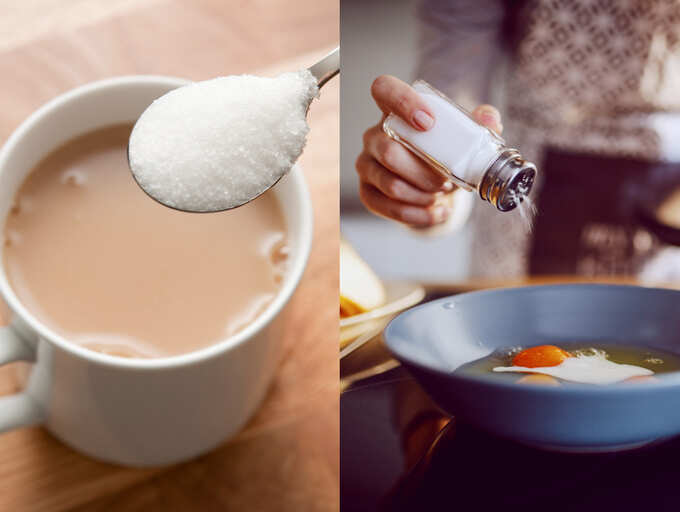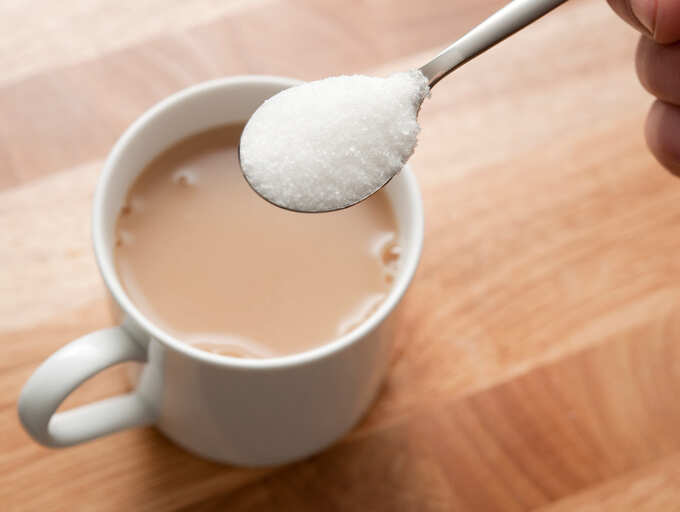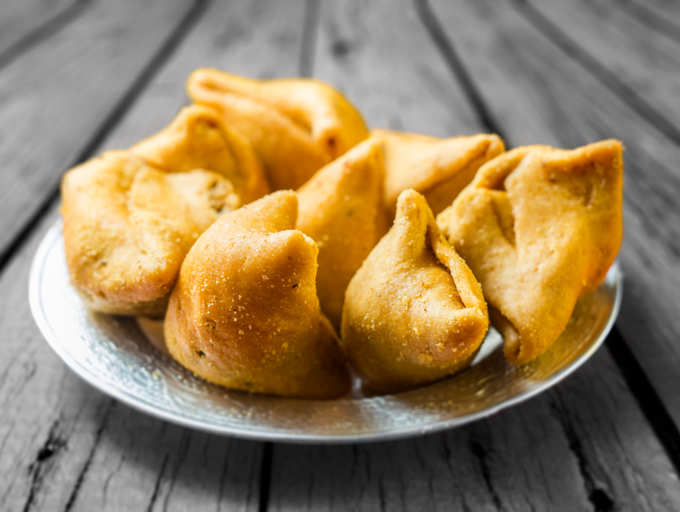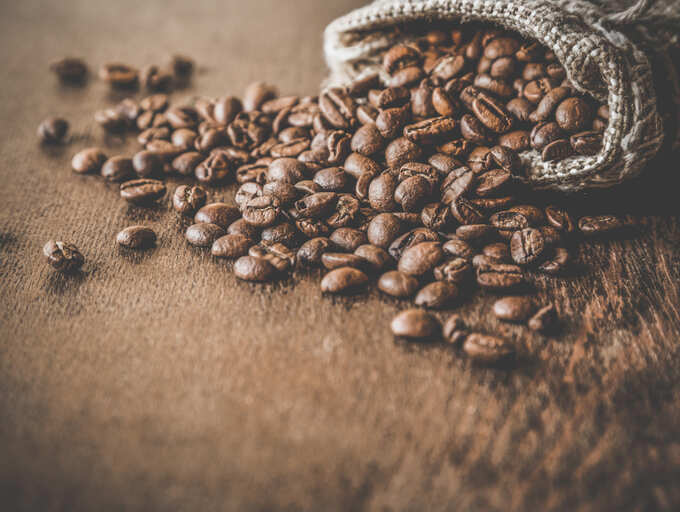Common foods that can weaken your immunity

We all have tried various foods and concoctions to keep our immunity boosted. While we are doing everything, we can to prevent ourselves from catching the coronavirus, here is something you might be missing out on.
While focusing on what we must eat to keep ourselves healthy, we often forget what not to eat to support our health. Here we tell you 5 common foods that must be avoided in order to keep our immunity up and tight.
Added sugar

Limiting the added sugar in your daily diet can do wonders for your overall health. Foods high in added sugar can raise your blood sugar levels and increase the production of inflammatory proteins like tumour necrosis alpha, C-reactive protein and interleukin-6, all of which can negatively affect the immune system.
Also, high blood sugar can harm the gut bacteria function, cause imbalance, which can later impact your immune response and make your body more susceptible to infection.
Salt

Packaged chips, bakery items and frozen dinners are full of salt. Too much salt in the body can trigger inflammation and increase the risk of autoimmune diseases.
Salt can inhibit the normal functioning of the immune system, suppress anti-inflammatory response and alter the gut bacteria. Thus, it’s best to limit your salt consumption in your daily diet.
Fried foods

Fried foods are high in a group of molecules called advanced glycation end products (AGEs), which are formed when sugar reacts with protein or fats during high-temperature cooking, such as during frying.
Too high levels of AGEs can contribute to inflammation and cellular damage. These can weaken the immune system in various ways including inflammation, depleting the body’s antioxidant mechanisms, including cellular dysfunction and negatively affecting the gut bacteria.
Cut back on fried foods like french fries, potato chips, fried chicken, pan-fried steak, fried bacon and fish to reduce your intake of AGEs.READMORE
Overdoing caffeine

The high levels of antioxidants in coffee and tea make them health-protective drinks. But too much caffeine intake can interfere with your sleep, which can increase the inflammation response and compromise immunity.
To support immune function, ditch caffeinated drinks with no nutrients and made with sugar and artificial sweeteners like soda or energy drinks. Do not have tea/coffee six hours before you sleep in order to promote a good night sleep.
Alcohol
Studies suggest that going beyond moderate consumption (one drink per day for women, two drinks per day for men) can significantly impact your body’s immune response, increasing one’s susceptibility to illness like pneumonia and other respiratory issues.
